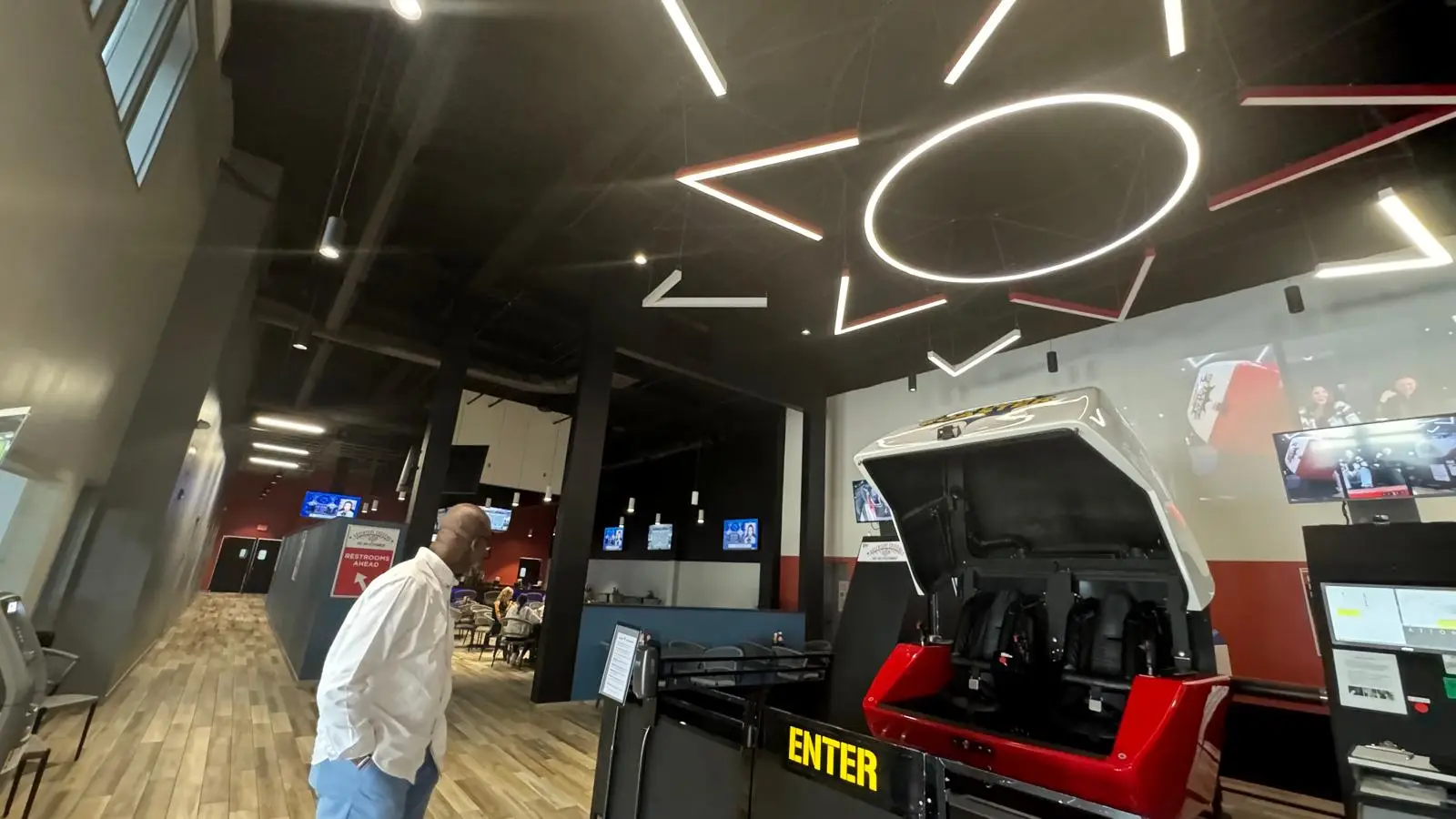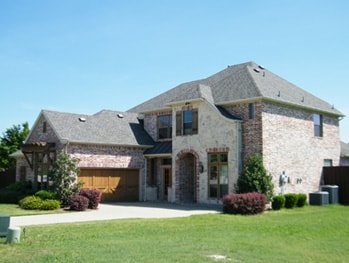Are PoE Systems Compatible with Any Computer?
Power over Ethernet (PoE) technology is becoming increasingly popular for powering devices like IP cameras and VoIP phones. However, many users wonder if PoE systems are compatible with any computer. In this FAQ, we will explore the compatibility of PoE systems with various computer types and help clarify any confusion regarding this technology.
What is Power over Ethernet (PoE)?
Power over Ethernet (PoE) is a technology that allows electrical power and data to be delivered through standard Ethernet cables. This means you can power devices, such as IP cameras and wireless access points, using the same cable that connects them to the network. It’s a convenient solution that eliminates the need for separate power supplies and outlets.
The main benefit of PoE is its simplicity and efficiency. Instead of running multiple cables for power and data, PoE integrates both functionalities into one system, making installations cleaner and less complicated. Additionally, PoE can be a cost-effective choice for businesses that need to deploy numerous network devices.
There are different PoE standards, such as IEEE 802.3af, 802.3at, and 802.3bt. Each standard has its power delivery limitations and capabilities, which can influence the types of devices it can support. Understanding these standards is crucial for determining whether a specific setup is viable.
How Does PoE Work with Computers?
PoE works by utilizing the infrastructure of Ethernet cabling to transmit power along with data. When a PoE-enabled device, such as a computer or network switch, connects to a PoE injector or switch, it can draw the necessary power through the same line. This functionality means that compatible devices can easily be integrated without additional power sources.
To function with PoE, a computer usually needs to be equipped with a compatible network interface card (NIC) or a PoE splitter. These components ensure that the device can receive both power and data over the Ethernet cable. When these components are in place, computers can leverage PoE to maintain consistent power supply, especially in situations where power sources are limited.
However, not all computers are inherently compatible with PoE. Many standard computers do not come with built-in PoE capabilities and may need external adapters or modifications. Therefore, it’s essential for users to check the specifications of their machines before attempting to integrate them with PoE systems.
Types of Computers That Can Use PoE
Various types of computers can utilize PoE, especially if configured correctly. Devices such as thin clients, which require minimal power and are often used in network-centric environments, can benefit significantly from PoE. These low-power setups thrive on the ability to draw power directly from the network.
Additionally, some higher-end workstations and servers can be configured to accept PoE, particularly in business settings where managing power consumption efficiently is key. However, while traditional desktop computers may not be PoE-compatible out of the box, there are specialized models available that incorporate this technology.
Laptops typically rely on their internal batteries and chargers but can benefit from PoE through the use of specialized docking stations that support PoE functionality. For users looking to reduce cable clutter, these solutions can be ideal.
Compatibility Considerations for PoE Systems
When evaluating compatibility for PoE systems, several factors come into play. First, the PoE standard must match the requirements of the device. For example, devices compliant with IEEE 802.3af need PoE switches that support that standard to function correctly.
Another aspect to consider is the network infrastructure. The cabling and switches within a network must be able to handle the power transmission alongside data. Poorly rated cables or outdated switches can hinder performance, leading to issues in power delivery. Running tests on the network efficiency is advisable before implementing PoE.
Lastly, the total power budget of the PoE switch itself must be monitored. If too many devices drawing power exceed the switch’s capacity, it can lead to underperformance or device malfunction. Awareness of each device’s power needs and managing them can enhance overall system reliability.
Common Myths About PoE Compatibility
A prevalent myth is that all computers are automatically PoE-compatible. In reality, unless a computer is specifically designed for it, additional hardware is often needed to enable this function. Understanding the nuances of your devices is crucial for making informed decisions.
Another misconception is that PoE can provide unlimited power. Each PoE standard has its limitations on the amount of power it can deliver. Thus, it’s important to carefully calculate the total power requirements to avoid overloading the system.
Finally, some users believe that PoE is only suitable for small-scale networks. In truth, PoE technology is scalable and can be effectively applied in larger enterprises, as long as the appropriate infrastructure is in place. This versatility makes PoE a favorable choice for various business environments.
Final Thoughts on PoE and Computer Compatibility
In summary, while PoE technology offers many benefits, compatibility with computers depends on specific factors such as PoE standards, the network infrastructure, and the computer’s hardware capabilities. Always check the specifications before integrating PoE systems into your setup.

 Previous Post
Previous Post Next Post
Next Post




